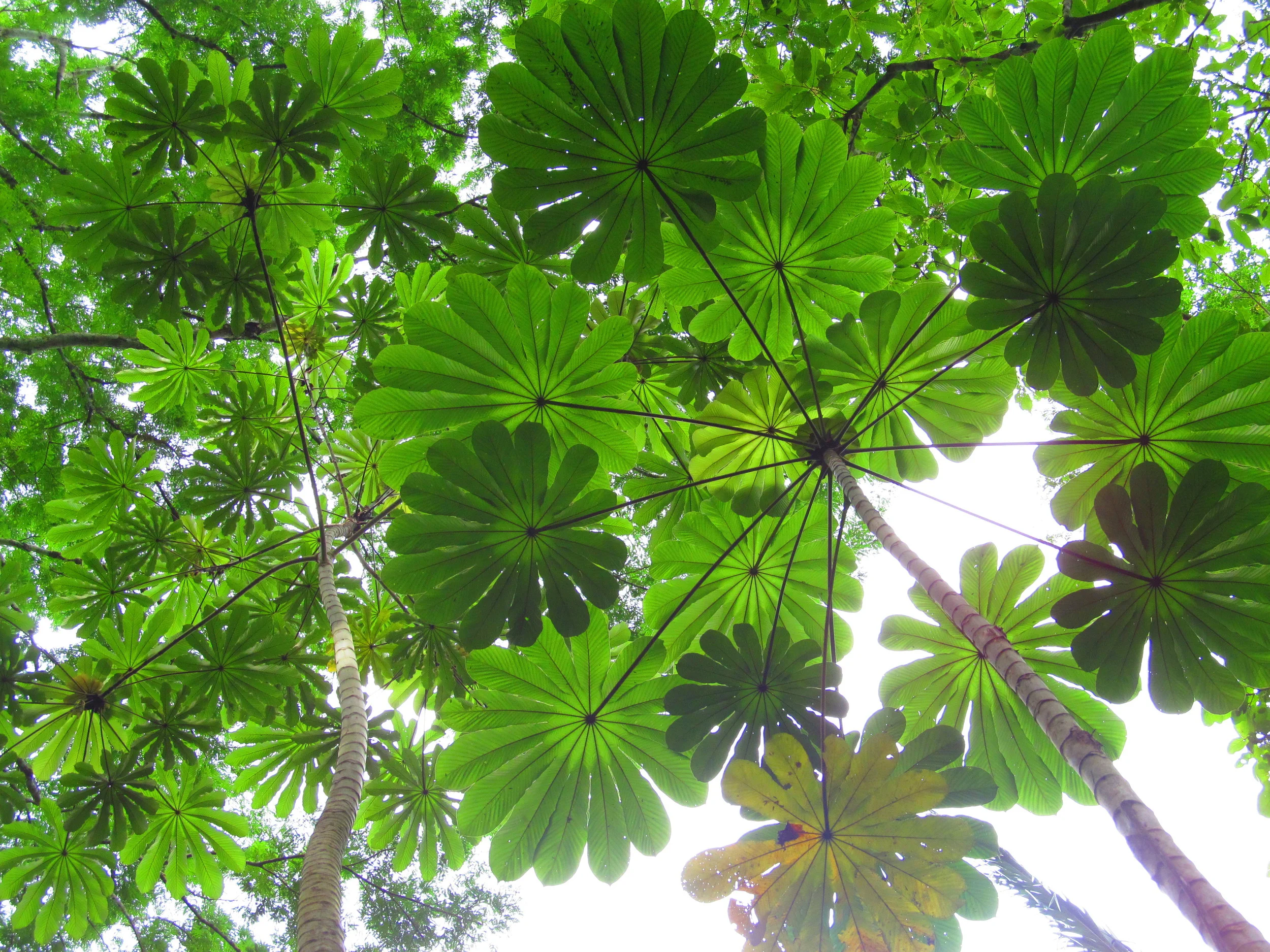Collaborators
Andrew Quitmeyer - national UNIVERSIty of singapore
andrew.quitmeyer@gmail.com- Developing tools to explore new phenomena, test specific hypotheses, and disseminate information is essential for all scientists, but it can be challenging in the field. Dr. Quitmeyer addresses this by using cheap technology, diverse materials, and creativity to construct methods for specific research questions in the environment they will be used. Website.
Emily Meineke - Harvard University
emily.meineke@gmail.com - Inspecting the microbiome of the Azteca-Cecropia mutualism will help us better understand the roles of this symbiosis. The microbe community may have a profound impact on colony behavior and fitness. Website.
Meghan Duell - ARIZONA STATE UNIVERSITY
meduell@asu.edu - Measuring collective metabolism of Azteca colonies will give insight into the cost and benefits of different behavioral types and life history strategies. Website.
Jonathan Shik - UNIVERSITY OF COPENHAGEN
jonathan.shik@gmail.com - How do the nutrients from the food bodies of Cecropia trees compare to the Azteca colonies' preferred nutrient intake target? Website.
KARLA MOELLER - Arizona State University
karla.moeller@asu.edu - How does the level of aggression shift throughout the growth, development, and decline of Azteca colonies? How do Cecropia saplings prevent unwanted tenants from colonizing their internodes? Website.
